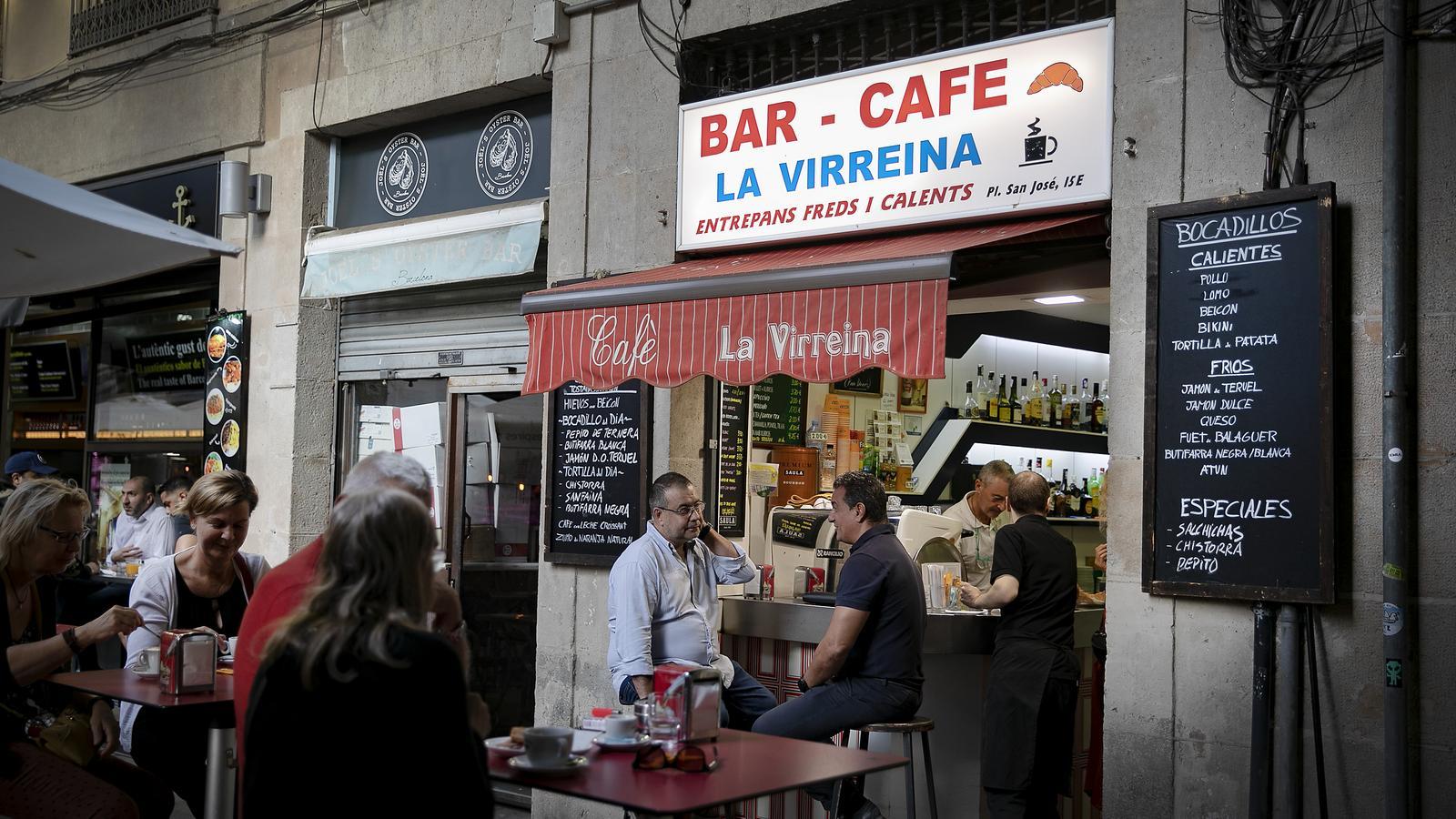

With the same headline, What do the French really talk about?, earlier this year the magazine Marianne published a dossier. The assumption was that there is a great distance between the facts reported in newspapers and the facts discussed at the bar. The weekly compared the front-page headlines of six major French newspapers with the conversations discreetly overheard by thirteen journalists located in thirteen bars across the thirteen French metropolitan regions. This is not a scientific pretense, but following Honoré de Balzac's assumption that the bar of a café is the Parliament of the people.
The idea is good because it highlights what we already intuitively know: there is a notable discrepancy between what we talk about, including Catalans, and what is considered newsworthy and what politicians talk about. And it is at this distance that mistrust is also built between the private citizen and the public world. In a July Gallup survey in the United States—unfortunately, the CEO Barometer doesn't ask about trust in the media—among the five institutions they trust the least, in addition to Congress, the criminal justice system, and large corporations, are the press and television news, with 17% and 11%, respectively.
Before analyzing the reasons for this distance, however, a couple of considerations need to be made. First, what we say in our open conversations doesn't exactly reflect what we think. We don't all say the same thing, of course. All conversations are conditioned by the space in which they occur. Speaking openly in a coffee shop isn't the same as doing so at a dinner party with trusted friends, for example. Furthermore, speaking is also doing. So when we speak, more than thinking, we tend to seek complicity with the interlocutor, sometimes to the point of saying the opposite of what we think to avoid an argument or to look good. And the second consideration is to show that there is also a distance – little or much – between what truly we talk and give our opinions and what really We are interested in it and it explains our decisions.
However, and returning to the observed distance between the topics of our conversations and what the media prioritizes, the French case should not be very different from ours, with some particularities that should be studied. For example, at French bars, people talk mainly about the cost of living, health, and thirdly, insecurity. In contrast, the press talks mostly about international news—seven times more than in bars—or politics—twice as much as in bars—while they talk about health almost three times less, and the cost of living four times less.
What are the causes of this discrepancy? First, conversations are more related to the private space than to the public one, which is that of the press and politics. Second, information is increasingly propaganda: the simple transmission of what press offices provide to the media with strategic intentions. And this applies both to cultural information – linked to the promotion of shows – and to political information – served and chewed up opportunely by the government offices themselves – or by these studies supposedly scientific, from institutions with a specific ideological agenda or at the service of hidden economic interests. And what's more, it's clear that our everyday conversations are interfered with by social media guided by algorithms designed to prove us right, and to which anonymity confers a false authenticity.
Three major consequences emerge from all this. First, that formal media no longer set the agenda of what is or isn't relevant. Second, that if personal environments tend to deceive when taken as an expression of all reality, journalistic environments too, and even more so political ones, tend to live in a bubble of unreality, distant from what we experience on the street. Surely there are exaggerated realities in the media and in politics that aim to "reeducate" or "raise awareness" among citizens, but I believe that these are often biases simply produced by a disconnection between the two.
And the third major and serious consequence: social trust is eroding. This impacts the credibility of the media and politics, but also all kinds of projects and organizations, both economic and social, making it very difficult for them to move forward with any new projects. Indiscriminate distrust kills social life.
